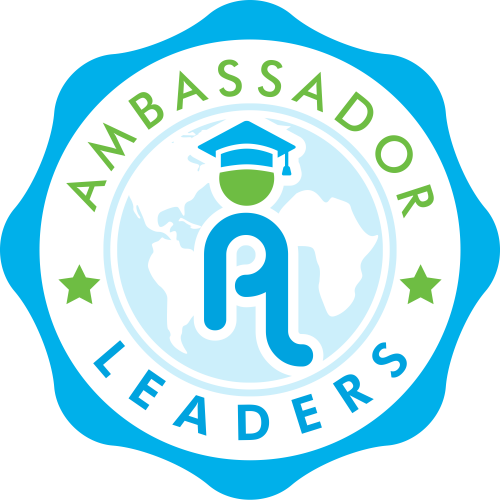Leadership learning never stops.
In 2018 and 2019, students attending the UCLA Leadership in Action Summit had the opportunity to hear from Christine Simmons, COO for the Academy of Motion Picture Arts and Sciences, on topics related to leadership. Prior to her 2019 keynote, she sat down with our team to share her insights. Catch up on our Keynote series by clicking here.
Christine Simmons epitomizes lifelong leadership. From her time as a student at UCLA to her career as a c-suite executive, Christine has seized opportunities that allow her to develop her leadership skills. So, it’s safe to say that she knows not only what students can do in their young lives to cultivate leadership opportunities but also how an established leader achieves continual improvement— Her response? Always be learning.
Check out the clip below of Christine describing how as a leader she continues to learn the value of patience and measured responses in the face of challenges.
An article published in the Harvard Business Review titled The Best Leaders Are Constant Learners backs up Christine’s idea that leaders cannot rest on their laurels. As the article says, “Leaders must get comfortable with living in a state of continually becoming, a perpetual beta mode.” For Christine, “one [skill she’s] developed more recently is patience,” an acknowledgment that she continues to perfect new leadership skills.
The Harvard Business Review went so far as to create a method for lifelong learning called Personal Knowledge Mastery (PKM). It encourages seeking new information, making sense of this knowledge and sharing the learning with team members. Let’s explore how the summit encourages students to develop these lifelong leadership skills.
SEEK
In a world of limitless and easy-to-access information, leaders must be able to sift through it all, to seek what’s most valuable. According to the Harvard Business Review, seeking “requires that we regularly evaluate and adjust [our] information sources,” and that we connect to a “network of trusted individuals who can help us filter information, expose blind spots and open our eyes.”
The summits bring together like-minded young leaders from across the country and around the world who form and maintain networks with one another long after the summits end. In this way, even if students don’t have a similar network back home, they still have a diverse group of “trusted individuals” who help them both at the summit and in their everyday lives to grow as leaders.
SENSE
Once leaders seek and find new information, they must make sense of it. The Harvard Business Review writes, “sensing includes reflection and putting into practice what we learn.”
At the summits, students have opportunities to immediately apply the leadership lessons they learn and decide on ways they’ll apply the lessons back home. Not only are students encouraged to journal day-by-day in their program guides, they’re given time in their small teams to discuss the activities and curriculum covered that day.
Sensing means “we weave together our thoughts, experiences, impressions and feelings to make meaning of them…and reinforce our learning.” With their teacher leader’s guidance and peers’ support, students process their summit experiences and find personalized ways to practice their leadership skills.
SHARE
Finally, leaders must share what they’ve learned with others. As Harvard Business Review notes, “Sharing is a contributing process where we pass our knowledge forward, work alongside others…and collectively learn from important insights and reflections.”
The book on which Lead4Change’s curriculum is based is David Novak’s Taking People With You. Its premise, a premise which underpins all that students learn at the summits, is that nobody succeeds alone. Indeed, one of a leader’s greatest responsibilities is to share what they know and foster leadership in others.
Our goal is for students to return home after their summit and launch the community action plan they developed with their team (or one of their own) with their friends’ help and a classroom teacher’s sponsorship. By sharing what they learn, students extend their leadership learning and galvanize their peers to action as well.
By Corie Bales
Corie is the Academic Affairs Manager of Ambassador Leaders. As a lifelong educator and avid traveler, she believes in empowering students and teachers to learn and lead through experiential education.



